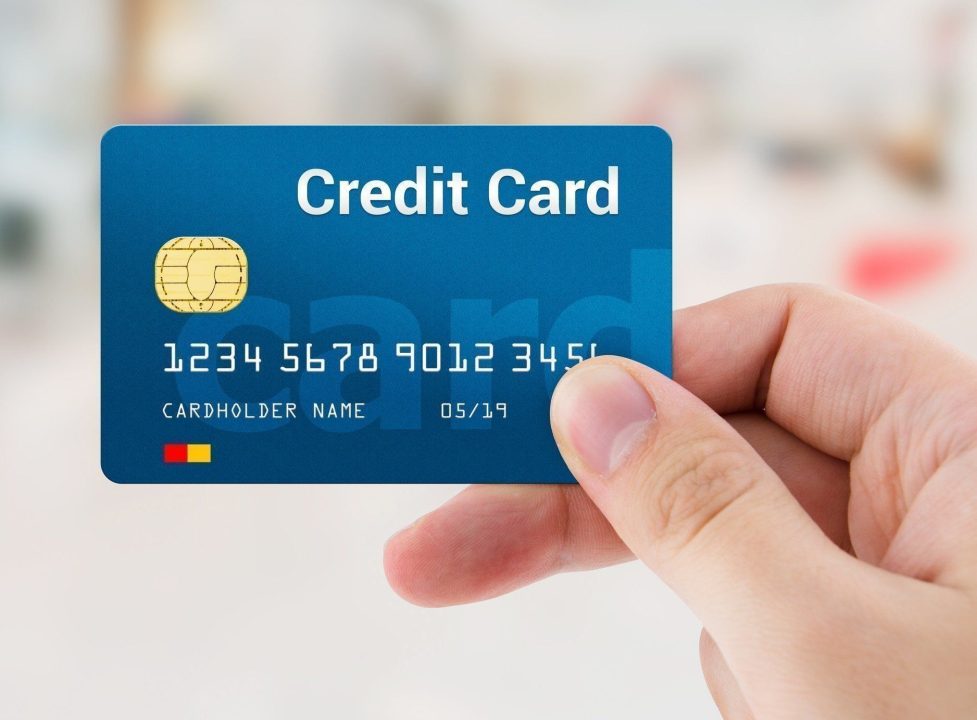Credit cards are a powerful financial tool that can be a boon or a bane, depending on how you use them. For Canadians, the proper use of credit cards can not only improve credit scores but also provide significant financial advantages. Let’s delve into how to properly utilize this financial tool and positively transform your financial outlook.
Firstly, understand that the key to leveraging credit cards is disciplined usage. Credit cards can offer you benefits such as reward points, cashback, and opportunities for building credit history. However, misusing them can lead to accumulating debt and negatively affecting your credit score.
1. Pay your balance in full and on time: The cardinal rule of wise credit card usage is to pay off your balance in full each month. This prevents interest accumulation, helps maintain a low credit utilization rate, and aids in establishing a strong payment history – one of the key factors in determining your credit score. If you’re unable to pay the full balance, ensure at least the minimum payment is made on time to avoid late fees and potential credit score damage.
2. Leverage credit card rewards: Many Canadian credit cards offer reward programs where you earn points for every dollar spent. These points can be redeemed for travel, merchandise, gift cards, or even cash back. If you’re spending on necessary purchases and paying your balance in full each month, these rewards can provide real value. Find a card that aligns with your spending habits for maximum benefit.
3. Monitor your credit utilization rate: This is the ratio of your current credit card balance to your credit limit. A lower utilization rate (below 30%) is typically considered better for your credit score. To keep this rate low, you can either reduce your spending or increase your credit limit. However, increasing your credit limit should be done judiciously and only if you’re confident in your ability to manage additional credit.
4. Use credit cards to build credit history: If used responsibly, credit cards can help build a solid credit history, which is beneficial when applying for a mortgage or car loan. Canadian lenders often look at your credit history to determine your creditworthiness. Regular, timely payments and responsible usage can showcase your reliability as a borrower, making lenders more likely to approve your loan applications.
5. Take advantage of interest-free periods: Some credit cards in Canada offer interest-free periods on new purchases, usually up to 21 days after the closing of your statement. This can be a good way to manage larger purchases over a short period, provided you can pay off the full balance before interest begins to accumulate.
6. Avoid cash advances: While credit cards do offer the option of cash advances, they come with high interest rates, and interest accrues immediately, unlike purchases where you typically have an interest-free grace period. Avoid using this feature unless absolutely necessary.
7. Use credit card protection: Many credit cards come with additional benefits such as insurance for car rentals, travel, and even product warranties. Make sure you understand the benefits your card offers and utilize them when applicable.
Remember, the key to mastering credit card usage is discipline, understanding, and responsible management. A credit card is not free money, but a means of payment that, if used wisely, can help Canadians boost their financial health. Take advantage of the rewards and benefits they offer, build a robust credit history, and avoid the pitfalls of unnecessary debt. When handled correctly, credit cards can truly be a valuable tool in your financial toolkit.


